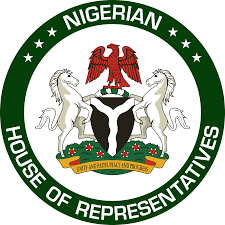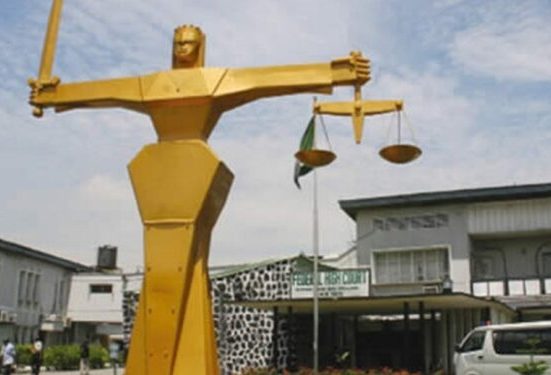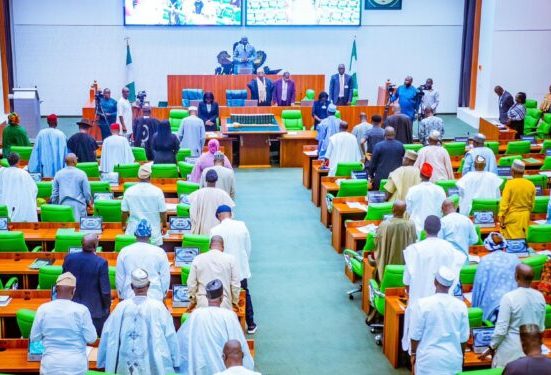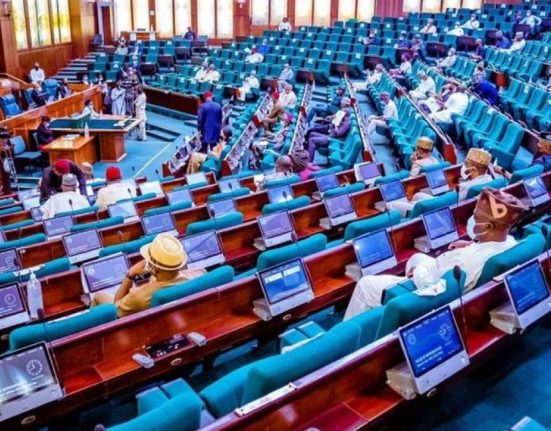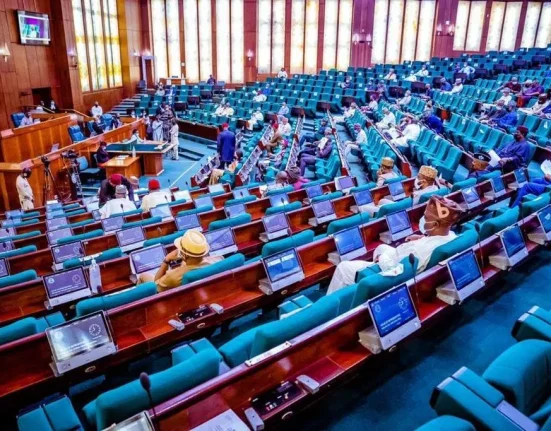Abuja, July 1, 2025 — The House of Representatives Ad‑hoc Committee overseeing Rivers State budget under emergency rule has demanded a detailed breakdown of the proposed ₦1.48 trillion 2025 budget submitted by the state’s Sole Administrator, Vice Admiral Ibok‑Ete Ibas (retd).
During a budget defence session held on Monday at the National Assembly complex in Abuja, Chairman and House Majority Leader, Prof. Julius Ihonvbere, highlighted several contentious budget lines. The Committee took particular issue with the ₦24 billion provision for CCTV installation at Government House, a ₦30 billion allocation for gunboats, and a ₦23 billion contingency fund—each lacking sufficient justification .
Ihonvbere issued a 48-hour ultimatum for Rivers officials to submit:
A breakdown and justification of the contested expenditure items;
The Medium Term Expenditure Framework for Rivers State;
Detailed records of federal allocations and Internally Generated Revenue (IGR) from January to June 2025;
Documentation on transfers to the 23 Local Government Areas and agreements tied to Air Force Base expenditures .
He stressed the Committee’s mandate to protect citizens’ interests and demand fiscal transparency, making clear that federal funding should not be misapplied or duplicated .
Responding, Andrew Nweke, Special Adviser on Strategy and Policy to the Sole Administrator, defended the CCTV allocation as part of modern security enhancements for the Governor’s office. Nweke clarified that the gunboat and contingency allocations were earmarked respectively for bolstering waterway security and addressing flood response, insecurity, and other emergencies .
The ₦1.48 trillion Rivers State budget originated from President Tinubu’s submission in response to Supreme Court rulings and a state of emergency, which transferred legislative powers from the state’s House of Assembly to the National Assembly .
Furthermore, while the Senate had already approved the budget, pledging ongoing oversight via its Ad‑hoc Committee, the House session underscored the need for rigorous examination of state finances to ensure that allocated funds translate into tangible public benefits .

